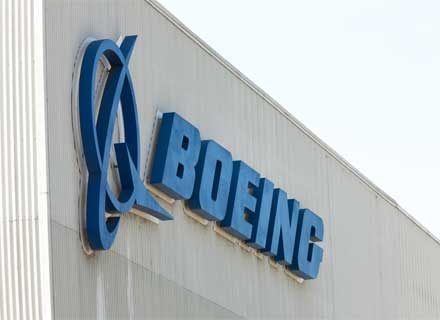An initiative to promote the development of sustainable aviation fuel (SAF) in Asia-Pacific Economic Cooperation (APEC) nations has been established by the United States government and aircraft manufacturer Boeing.
As part of the initiative, the manufacturer will work with the Federal Aviation Administration and the United States Department of Transportation to sponsor a Small and Framework Grant (SAF) project by the APEC Transportation Working Group. The project will address various issues related to the industry’s development in the 21 APEC member economies.
According to Boeing, the programme will tackle the following issues: finding sustainable feedstocks for low-emission fuel; creating SAF policies and accounting procedures; and finding new routes, such as utilising current infrastructure and industries to speed up SAF manufacturing.
Chris Raymond, chief sustainability officer of Boeing, cited research demonstrating the critical role SAF plays in the sector’s net zero efforts: “To advance SAF, this programme strengthens the connections we have had for years with various nations.”
“With the goal of creating a safer and more sustainable aviation future, we will encourage cooperation and knowledge sharing among APEC economies,” the official stated further.
By participating in the programme, Boeing furthers its efforts to promote the global development of SAF, building upon research conducted with the Roundtable on Sustainable Biomaterials regarding the technology’s scaling in Southeast Asia, Ethiopia, South Africa, and Brazil.
In keeping with its pledge to guarantee that every aircraft it owns can handle 100% SAF by 2030, the airline has also joined the Aviation Initiative for Renewable Energy in Germany and collaborated with the APEC Secretariat to host regional webinars on SAF.
The effort, which was agreed by the various parties during the APEC annual meeting in San Francisco, aims to increase the industry’s usage of SAF, which is at 0.1% of the world’s jet fuel demand, by collaborating with some of the largest economies on the planet.
Others Chip In Too
Apart from Boeing, United Kingdom-based aviation giant Rolls-Royce has now achieved a milestone in the SAF front, as its ‘UltraFan’ technology demonstrator saw a successful run to its maximum power at the aerospace venture’s Derby facility.
“The milestone test saw the prototype utilising 100% SAF. The UltraFan programme, with its 10% efficiency gain over the Trent XWB, promises improved efficiency for current and future aero-engines,” Rolls-Royce stated further.
This latest accomplishment comes after the initial successful test earlier in 2023. Both the superhit tests now show that the technology can be scaled, as per the engine’s efficiency needs.
“The UltraFan’s scalable technology, ranging from approximately 25,000 to 110,000 pounds thrust (111,205 to 489,026 Newtons), holds the potential to power the anticipated narrowbody and widebody aircraft in the 2030s,” Rolls-Royce noted.
Another American aviation venture Gulfstream Aerospace has now announced the successful completion of the world’s first trans-Atlantic flight using 100% sustainable aviation fuel (SAF).
The feat, which was accomplished on November 19, took place on a Gulfstream G600 aircraft, which departed the company’s headquarters in Savannah and landed 6 hours, 56 minutes later at the United Kingdom’s Farnborough Airport.
“Powered by Pratt&Whitney PW815GA engines, which used 100% SAF, the flight showcased the potential for aviation’s future use of renewable fuels, which feature lower carbon, sulphur and aromatics. The data collected from this endurance flight will help Gulfstream and its key suppliers gauge aircraft compatibility with future low-aromatic renewable fuels, particularly under cold temperatures for extended flight durations,” the venture, which was the first business jet original equipment manufacturer to fly on 100% SAF, informed the media.

